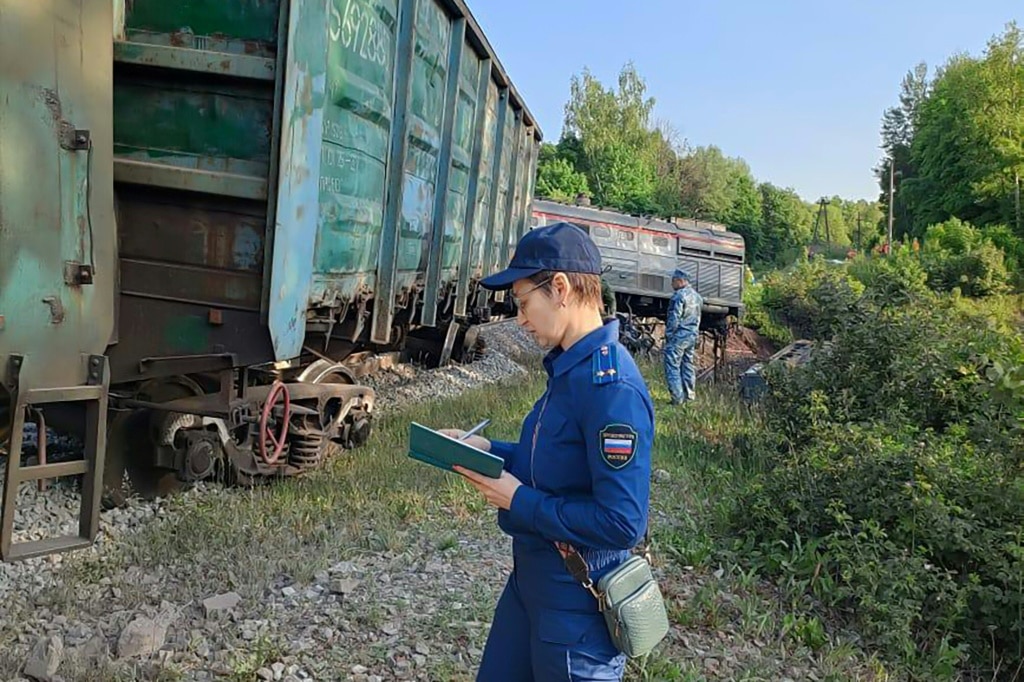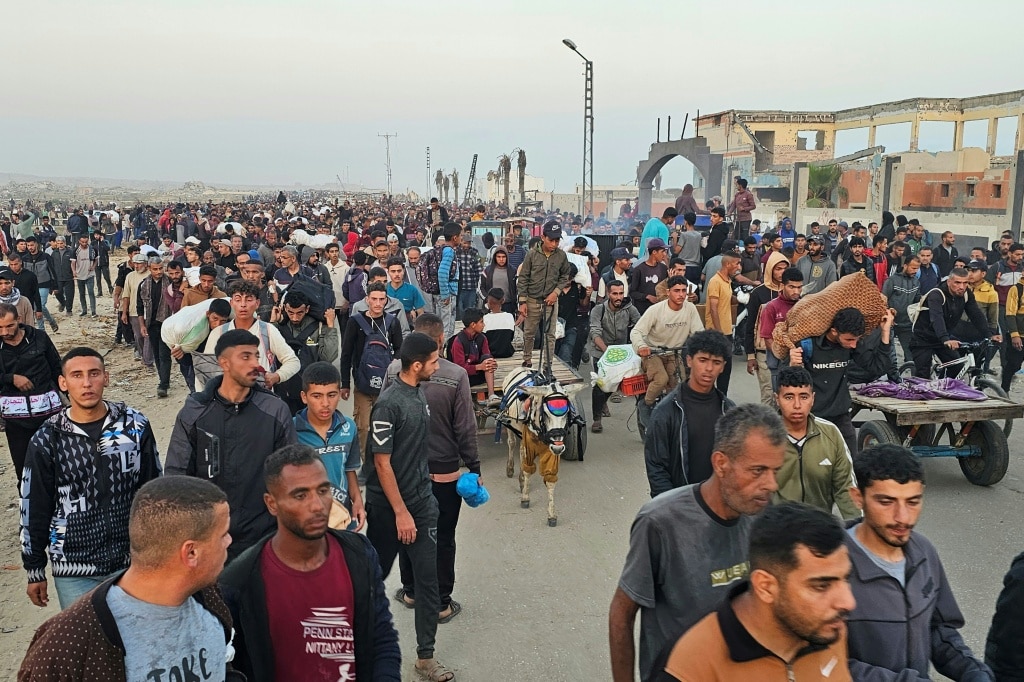‘Intense’ discussions, ‘complex negotiations’ sparked NSW government’s deal with rail unions after lengthy dispute
“Intense” discussions appear to have put an end to a long-running, disruptive dispute between rail unions and a state government.
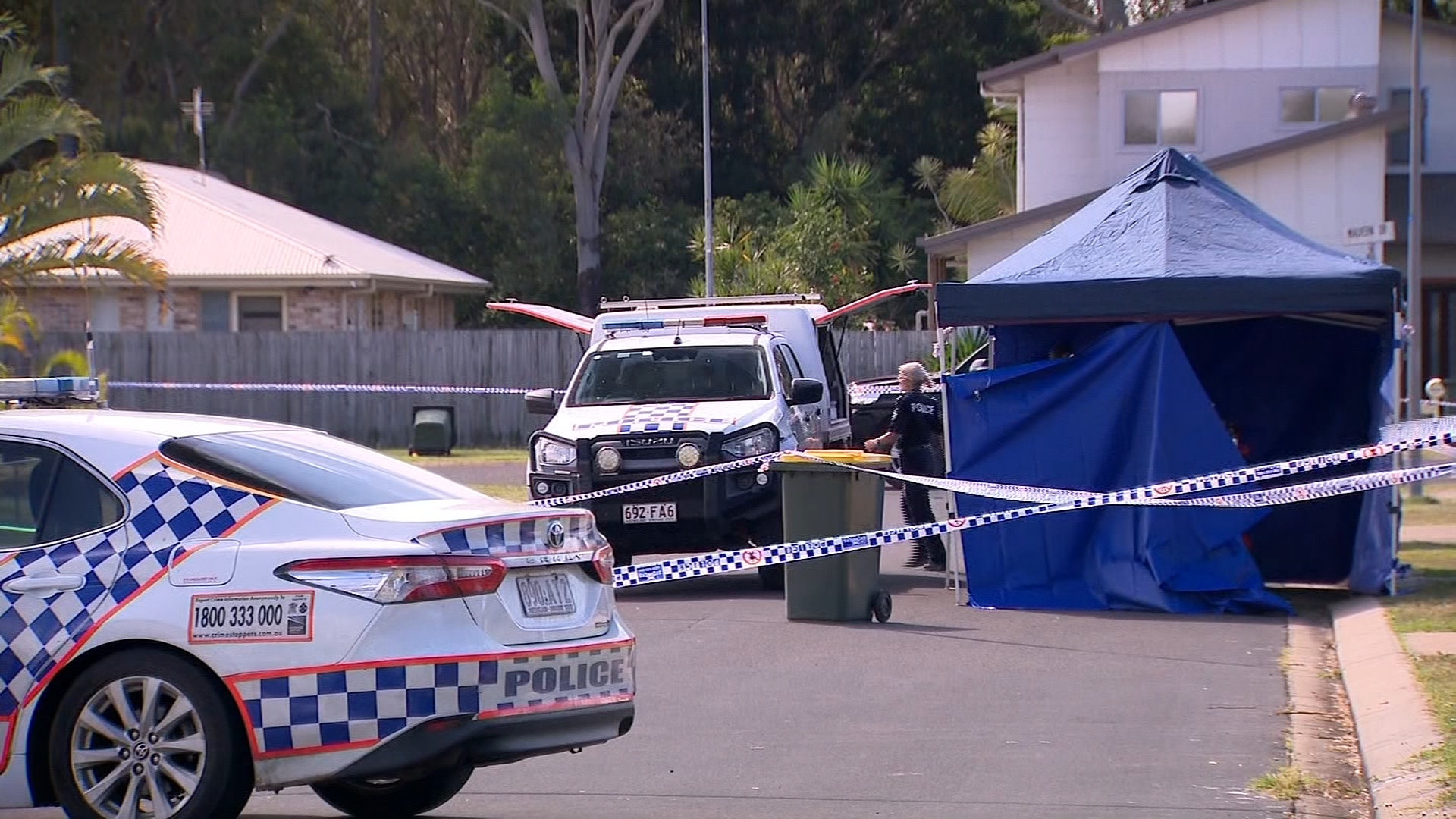
Breaking News
Don't miss out on the headlines from Breaking News. Followed categories will be added to My News.
A “complex negotiation process” and “intense” discussions paved the way for a deal between the NSW government and rail unions, which could improve the response to disruptions similar to last week’s live wire train chaos.
The government and unions on Friday agreed in the Fair Work Commission to a 12 per cent pay rise over three years.
The Rail, Tram, and Bus Union and the Electrical Trades Union had been seeking a 32 per cent pay rise over four years, while the government offered a 9.5 per cent rise over three years.
The dispute led to a series of industrial action, that disrupted travel for millions since last September.
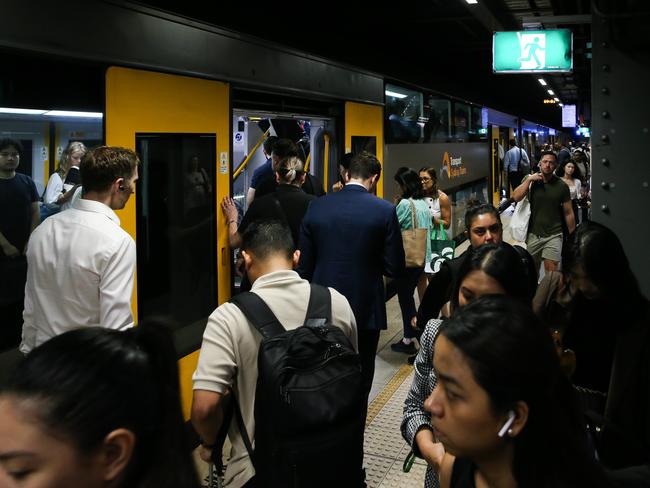
The deal ends protected industrial action by the Combined Rail Unions and allows Sydney Trains and NSW TrainLink to focus on improving reliability across the network, the government said in a statement on Friday.
NSW Transport Minister John Graham said there had been “intense” discussions with the rail unions in the lead up to the deal.
“We have had good, if intense discussions with the rail unions,” Mr Graham said at a press conference on Saturday.
“We’re in a position to lift pay and conditions of rail workers, but also deliver to the public.”
A number of the changes in the new agreement could make a real difference in the response to disruptions such as last week’s incident where a live wire fell on top of a train in Strathfield.
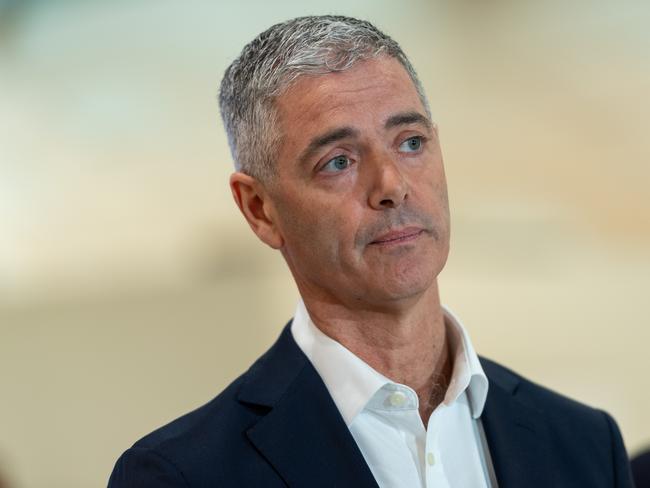
This includes consultation clauses and the roll out of new technology across the network that “just simply isn’t in place”.
“It gives the hope that should something like this happen again, right in the dead centre of the network — the worst place possible — the ability to recover the train network way more rapidly would be there now,” Mr Graham said.
“That would make a big difference to our ability to deal with disruptions on the network.”
He added routine maintenance would be easier without constant industrial action.
Sydney Trains chief executive officer Matt Longland called the deal an important milestone following a “complex negotiation process”.
“We’ve got to a position that we’ve worked through, and we now have approval in principle to take that package to our staff,” Mr Longland said.
“Although that’s great news for our people, it’s also really positive news for passengers.”
The rail network is being modernised, Mr Longland said, including by way of new technology and moving away from manual processes.
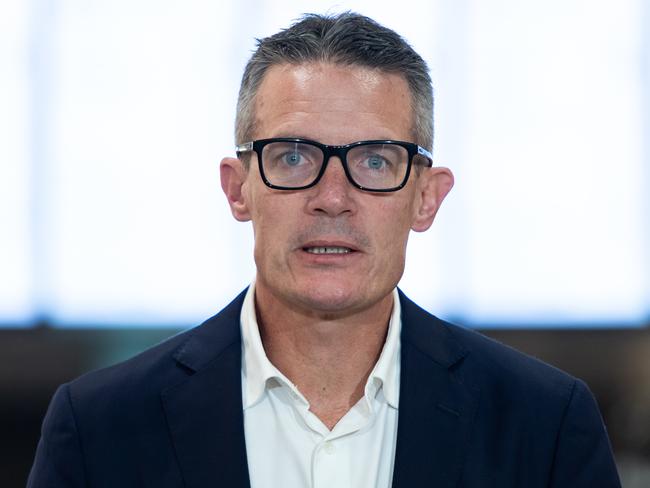
“I acknowledge it’s been a challenging period for passengers who’ve been regularly disrupted, not only through industrial action, but also incidents across the rail network,” he said.
“This now gives us the reset we need to work with our people to stabilise performance and invest in the rail network to improve performance in the future.”
ETU expected to reject deal
However, the ETU is expected to reject the deal.
“This afternoon, the Combined Rail Unions (CRU) reached an in-principle agreement with Sydney Trains and NSW Trains for a new enterprise agreement,” the CRU said on Friday.
“Unfortunately, the ETU is blocking a vote by members effectively withholding any pay rise or new conditions that our EA delegates have fought so hard for.
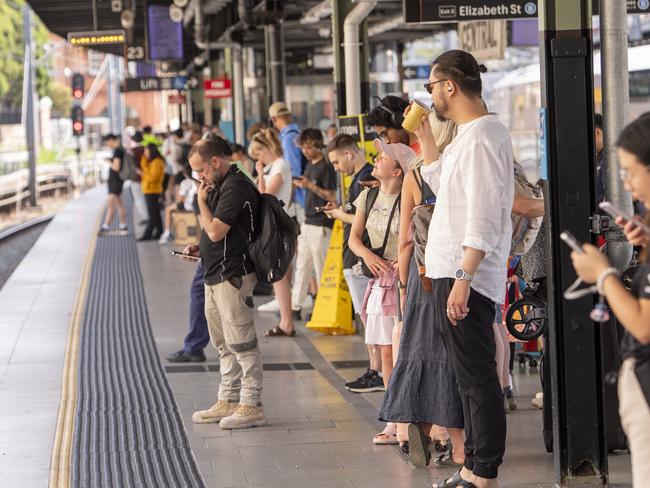
“The reason they are blocking a vote is due to a misconceived claim to create a ‘new section’ for their members, for a purpose nobody understands.”
The proposed Enterprise Agreement, facilitated by the Fair Work Commission, delivers rail workers a 12 per cent pay rise over three years plus back pay.
It will deliver agreement on a number of technology-based solutions to improve recovery times when incidents on the tracks bring the system to a halt.
For example, train crews will support the introduction of a new digital disruption management
system that will end the current practice that relies on a manual system of phone calls and paper-based instructions during recovery from an incident.
The unions and government have also reached agreement to move to a streamlined process for consulting on new fleet, systems and infrastructure projects.
Originally published as ‘Intense’ discussions, ‘complex negotiations’ sparked NSW government’s deal with rail unions after lengthy dispute

